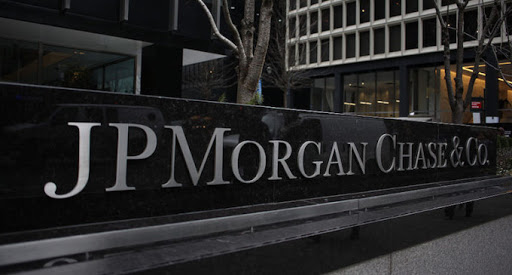A High Court in London has ruled that a lawsuit filed by Nigeria against a United States bank, JP Morgan Chase, claiming over $1.7 billion for its role in the Oil Prospecting Lease (OPL) 245 deal, will proceed to trial.
The suit, filed in the English courts in 2017 relates to the purchase of the offshore OPL 245 oilfield in Nigeria by oil majors, Royal Dutch Shell and Eni in 2011, which is the subject of an ongoing trial in Milan.
Nigeria had filed a claim against the US lender, accusing the bank of negligence in transferring funds from the disputed oilfield deal to a company controlled by a former Nigerian Minister of Petroleum Resources, Mr. Dan Etete.
A spokeswoman for JP Morgan had dismissed the accusation, saying the firm “considers the allegations made in the claim to be unsubstantiated and without merit.”
At the core of the case is a $1.3 billion payment from Shell and Eni to secure the block that the lawsuit said was deposited into a federal government’s escrow account managed by JP Morgan.
The lawsuit said JP Morgan then received a request from the finance ministry to transfer more than $800 million of the funds to accounts controlled by the previous operator of the block, Malabu Oil and Gas, controlled by Etete.
READ ALSO: Getting Coronavirus Vaccine Is Our Priority – Osinbajo
The court papers also alleged that JP Morgan transferred the funds to two accounts controlled by Etete, without sufficient due diligence to make sure the money did not leave the accounts controlled by the federal government.
The court filing, made in London in November last year on behalf of Nigeria, said JP Morgan acted with gross negligence by allowing the transfer of the money without further checks.
It said JP Morgan should have known that under Nigerian law, the money should never have been transferred to an outside company.
“If the defendant acted with reasonable care and skill and/or conducted reasonable due diligence, it would or should have known or at least suspected that it was being asked to transfer funds to third parties who were seeking to misappropriate the funds from the claimant and/or that there was a significant risk that this was the case,” the court filing said.
Reuters reported that the London court ruled that the six-week London trial will start on the first available date after November 1 next year, meaning that proceedings may not begin until 2022.













